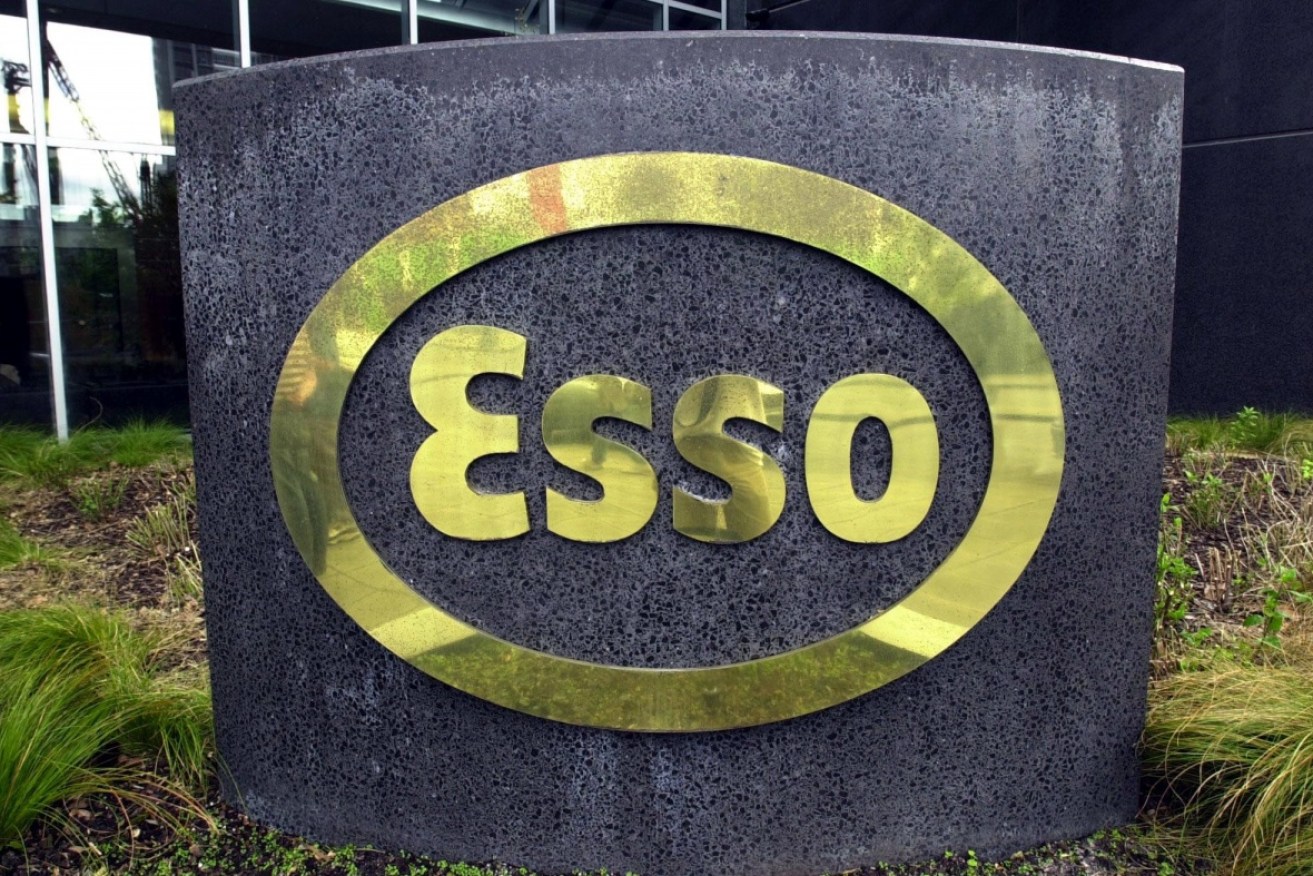Multinational ‘tax dodgers’ say they’re doing nothing wrong. Should you believe them?


Esso, the Australian brand for US oil company and serial tax avoider Exxonmobil. AAP
Multinational oil companies, banks and media firms have insisted they are doing nothing wrong, despite new data showing many had avoided paying a cent of tax in Australia for several years in a row.
Exxonmobil, Chevron and Shell were the worst offenders among the oil and gas companies, the Australian Tax Office figures showed.
Among the international banks, JP Morgan Chase, Goldman Sachs, BNP Paribas and Barclays stood out as serial avoiders.
Rupert Murdoch’s News Corp was also a serial tax avoider, managing not to contribute a single dollar to the public coffers for at least the last three years.
East Asian electronics behemoths Sony and Samsung also got away without paying a cent of tax in the 2015-16 tax year, despite raking in billions in revenue.
A number of Aussie companies also paid no corporate tax in that year, notably Qantas, Billabong and Foxtel.
A large number of domestic mining companies also paid no tax – which the ATO said reflected low commodity prices at the time.
The New Daily contacted some of the major multinationals to ask them why they were not paying any tax in Australia.
Those that responded insisted they were doing nothing wrong, with many arguing they were investing in Australia, creating jobs and, therefore, having an exclusively positive effect on the economy.
But independent analysts disagreed, telling The New Daily that the oil companies in particular were using exotic, opaque and possibly illegal methods to suck revenue out of Australia and deposit it in tax havens in Europe and the Caribbean.
The oil giants and banks

Between 2013 and 2016, US oil and gas company Exxonmobil paid no corporation tax in Australia, despite earning almost $25 billion in revenue.
Likewise, US company Chevron paid no tax on the more-than $8 billion it earned in revenue in Australia over that time.
And while British-Dutch oil giant Shell paid tax in previous years, in 2015-16 it paid nothing, despite a turnover of $4 billion.
Among banks, French giant BNP Paribas was the most striking case, paying zero tax on more than $9 billion in revenue.
US investment bank Goldman Sachs didn’t pay a cent of tax between 2013 and 2016, despite taking in $1.8 billion in revenue.
US bank JP Morgan chase, and UK banks Barclays and Royal Bank of Scotland also managed not to pay any tax in Australia, despite earning well over $1 billion each over those three years.
By contrast, Australia’s homegrown banks were among the biggest taxpayers in corporate Australia, contributing billions of dollars to the public purse.
Explanations
The ATO stressed that there were many valid reasons why companies would not earn taxable income, and therefore pay no tax.
These included “sensitivity to economic conditions, reinvestment back into the business, distribution of profits to other entities within the broader group, tax deductions and tax offsets”.
Shell’s explanation for paying no tax in 2015-16 was that it was in the investment phase of a number of projects in Australia.
“These projects are the manufacturing facilities of the future, but are not fully operational,” a Shell spokesperson said.
“Just as a factory only pays tax when it produces goods for sale, Shell’s projects will pay tax when they reach full production and become profitable.”
Chevron, meanwhile, offered no direct explanation, claiming instead that it had paid other taxes in Australia, including royalties, payroll tax, fringe benefits tax, excise and interest withholding tax.
Exxonmobil, better known as Esso in Australia, told The New Daily it was currently in a “corporate income tax loss position”.
It attributed this to “the significant investments being made in Australian oil and gas projects such as the Kipper Tuna Turrum project, Longford Gas Conditioning Plant, Longford Liquids Pipeline and the Gorgon project in Western Australia”.
When asked why News Corp paid no tax in 2015-16, a spokesperson said: “This is incorrect. News Corp Australia pays the right tax.”
The New Daily was unable to reach the banks for comment.
Should we believe them?
A report by the Tax Justice Network Australia, released on Friday, presented a different view. Focusing on Exxonmobil, it argued the company was using complicated methods to get cash offshore tax-free.
The most common method was through extensive use of “high-interest related party loans … to reduce tax payments in Australia”.
Dr Mark Zirnsak from the Tax Justice Network Australia told The New Daily these loans were provided by overseas subsidiaries of the same multinational and could be used to offset tax liabilities.
Dr Zirnsak said this was legal, as long as the loan was legitimate. But if it was done exclusively to minimise tax in Australia, then it was illegal.
“If the ATO could prove it was an artificial loan to avoid tax, then they could challenge it.”
But he said this was very difficult to prove, particularly considering the complexity of the international businesses in question.
– With reporting by Alana Mitchelson








